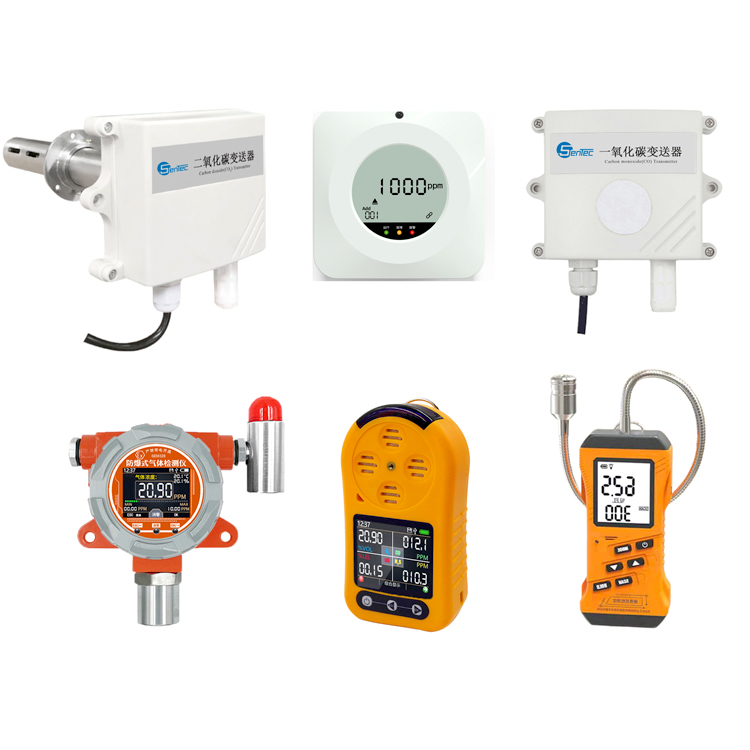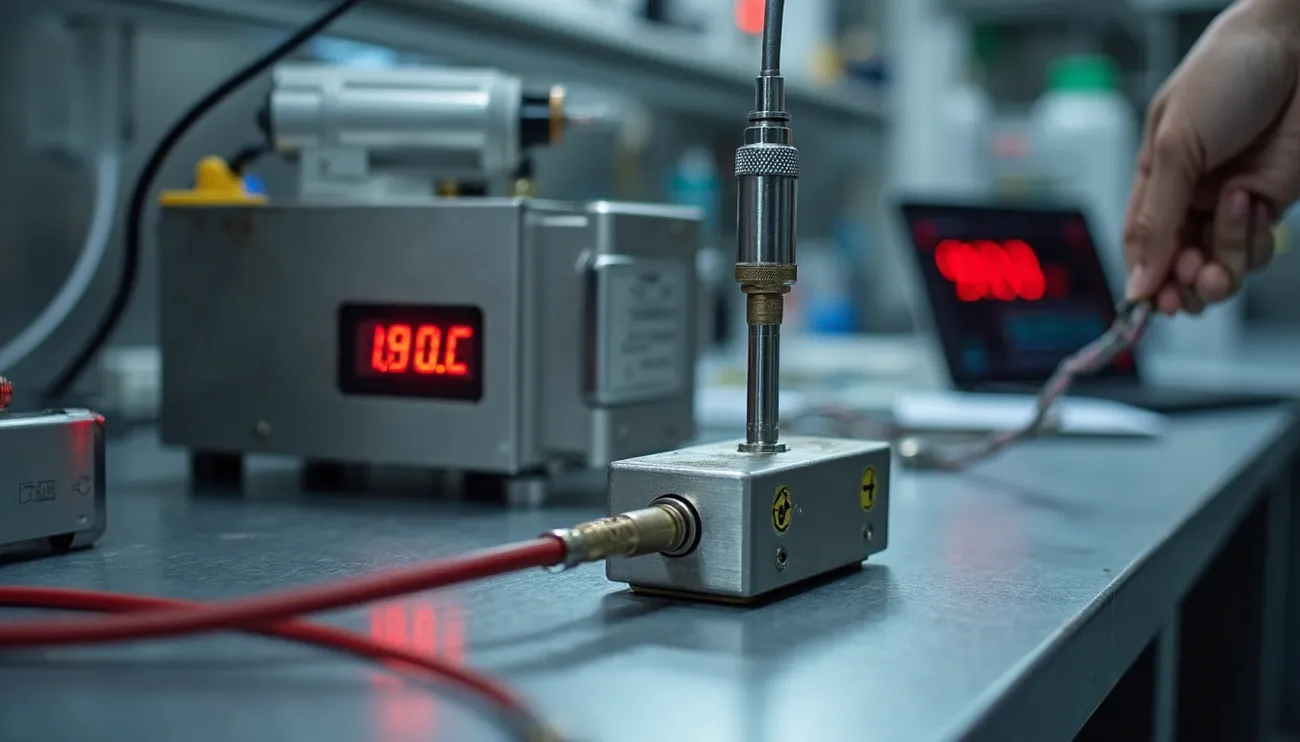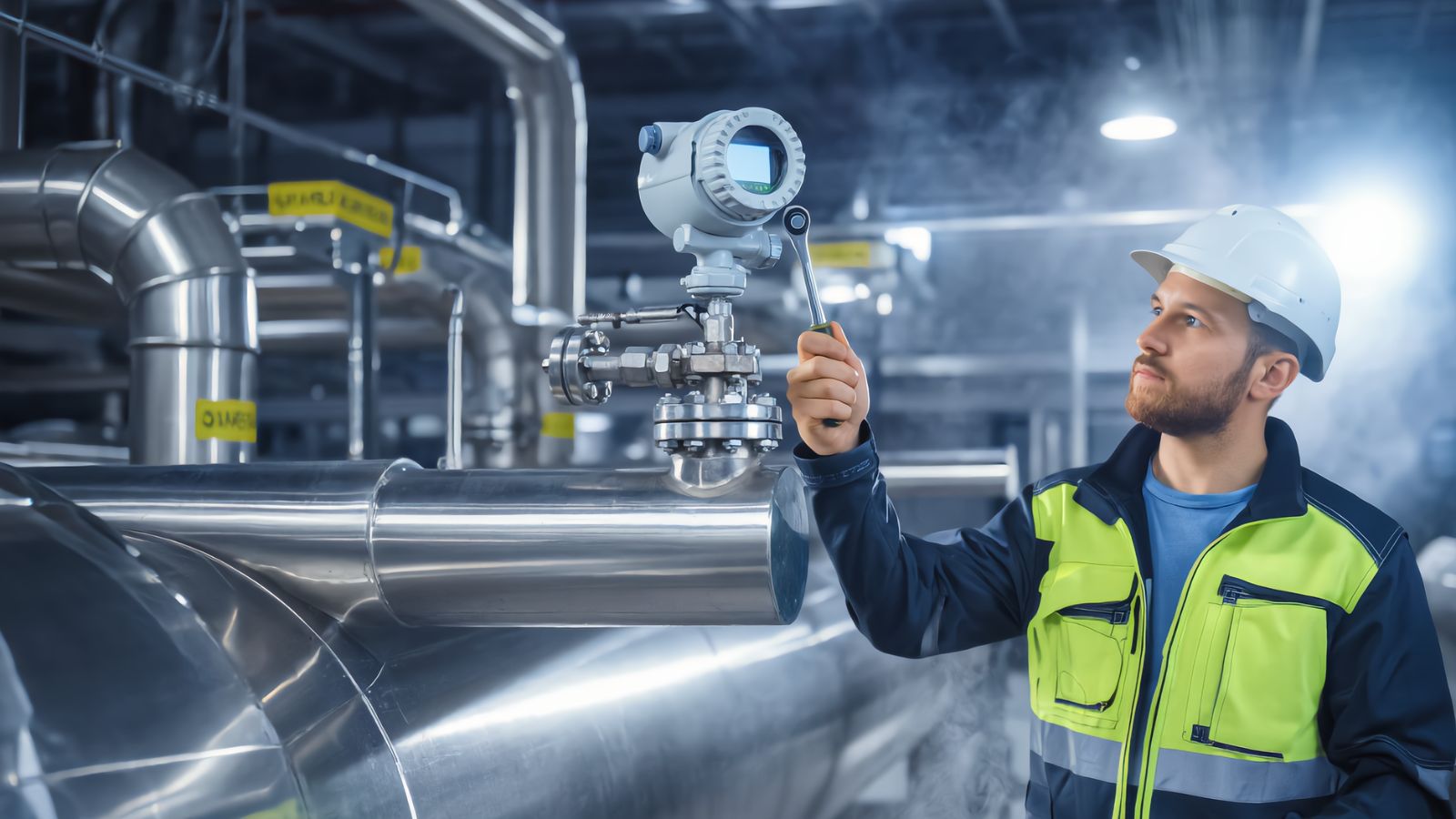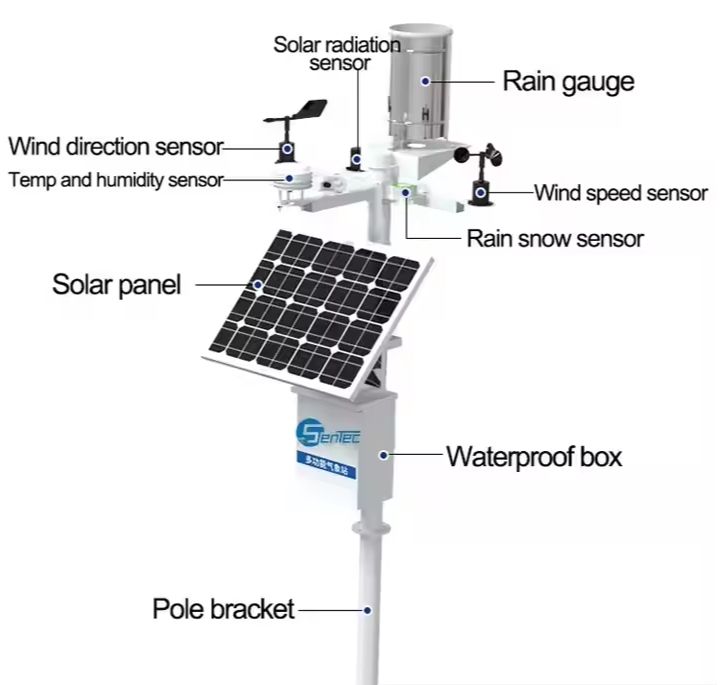Gas leak detectors are essential in maintaining safety and operational efficiency in various industrial environments. These devices are designed to identify and alert operators to the presence of hazardous gases, ensuring that potential risks are mitigated before they can cause harm. Whether you’re a purchasing manager evaluating options or an application engineer looking for the best fit for a specific project, understanding the principles, accuracy, reliability, and cost-effectiveness of different gas leak detectors is crucial.

1. Introduction: What is a Gas Leak Detector?
A gas leak detector is a device that identifies the presence of gases in an area, often as part of a safety system. In industrial settings, these detectors are vital for preventing accidents, maintaining compliance with safety regulations, and protecting both personnel and equipment from harm. Detectors are used across various industries, including manufacturing, oil and gas, chemical processing, and more.
2. Comparison: Measurement Principles of Gas Leak Detectors
Gas leak detectors operate on several measurement principles, each suitable for different applications:
- Electrochemical Sensors: Commonly used for detecting toxic gases like carbon monoxide (CO) and hydrogen sulfide (H2S). They work by generating an electrical current when the target gas interacts with a chemical sensor.
- Infrared (IR) Sensors: Often used in CO2 monitors and hydrocarbon gas detection. These sensors detect gas by measuring the absorption of infrared light at specific wavelengths corresponding to the target gas.
- Catalytic Bead Sensors: Primarily used for combustible gases like methane and propane. They work by oxidizing the gas on a heated bead, causing a change in resistance that is proportional to the gas concentration.
- Ultrasonic Detectors: These detect gas leaks by identifying the sound of gas escaping at high pressure. They are ideal for outdoor or noisy environments where traditional sensors might fail.
3. Why You Need a Gas Leak Detector
The significance of using a gas leak detector cannot be overstated. These devices protect against potentially catastrophic events, such as explosions, fires, and toxic gas exposure. In industries dealing with volatile or hazardous materials, the detection of gas leaks is critical for:
- Safety Compliance: Adhering to industry standards and regulations to avoid penalties and ensure workplace safety.
- Operational Continuity: Preventing downtime caused by gas leaks, which can be costly in terms of both time and resources.
- Environmental Protection: Reducing the risk of harmful emissions that can impact the environment and public health.
4. Accuracy and Precision: How Different Types Perform
Accuracy and precision are crucial in gas detection, as even minor errors can lead to severe consequences. Different detectors perform differently based on their design and intended use:
- Electrochemical Sensors are highly accurate for specific gases but can be affected by environmental factors like temperature and humidity.
- Infrared Sensors offer high accuracy and are less prone to cross-sensitivity, making them ideal for environments where multiple gases are present.
- Catalytic Bead Sensors are reliable for combustible gases but may suffer from sensor poisoning over time, reducing their accuracy.
- Ultrasonic Detectors are excellent for high-pressure leaks but may not detect low-pressure leaks as effectively.
Choosing the right type depends on the specific gases present and the environmental conditions of the application.
5. How Do They Work: Comparing Different Models
Different gas leak detector models come with varying features, catering to specific industrial needs:
- Portable Detectors: Ideal for mobile inspections and spot-checks in large facilities. They are versatile but may require frequent calibration.
- Fixed Detectors: These are installed in a specific location and continuously monitor for gas leaks. They are often integrated into broader safety systems.
- Wireless Detectors: These offer real-time monitoring and can be part of an Internet of Things (IoT) network, providing alerts to remote operators.
- Multi-Gas Detectors: Capable of detecting multiple gases simultaneously, these models are suitable for environments where various hazardous gases might be present.
Each model’s suitability depends on the specific industrial environment and the types of gases that need to be monitored.
6. Reliability and Durability: Maintenance and Lifespan
Reliability and durability are critical factors when selecting a gas leak detector. The lifespan and maintenance requirements vary:
- Electrochemical Sensors typically require regular calibration and have a limited lifespan, often needing replacement every 1-2 years.
- Infrared Sensors are more durable and require less frequent maintenance, making them suitable for harsh environments.
- Catalytic Bead Sensors are reliable but can degrade over time, especially in environments with high concentrations of combustible gases.
- Ultrasonic Detectors are robust and have a long lifespan, with minimal maintenance required.
Choosing a detector with the right balance of reliability and maintenance needs can reduce long-term operational costs and downtime.
7. Cost Considerations: Initial Purchase vs. Ongoing Costs
When evaluating the cost-effectiveness of gas leak detectors, consider both the initial purchase price and ongoing operational costs:
- Electrochemical Detectors are generally less expensive upfront but may incur higher long-term costs due to frequent maintenance and sensor replacement.
- Infrared Detectors have a higher initial cost but offer lower maintenance expenses and a longer lifespan, making them more cost-effective over time.
- Catalytic Bead Detectors are mid-range in terms of cost but may require more frequent sensor replacement.
- Ultrasonic Detectors are typically more expensive but offer low maintenance and long-term reliability, making them a good investment for critical applications.
Your choice should balance upfront costs with long-term operational efficiency, considering the specific needs of your industry.
Use Cases: When to Choose One Over the Other
Different scenarios call for different types of gas leak detectors:
- High-Precision Requirements: In environments like laboratories or chemical plants, infrared detectors are preferred for their accuracy and resistance to cross-sensitivity.
- Explosive Environments: Catalytic bead detectors are ideal for detecting combustible gases in industries like oil and gas.
- Remote Monitoring: For large industrial sites, wireless detectors provide real-time monitoring across multiple locations, enhancing safety and response times.
- Noisy or Outdoor Environments: Ultrasonic detectors excel in detecting leaks in loud or outdoor environments where traditional sensors might fail.
Conclusion: Choosing the Right Gas Leak Detector
Selecting the appropriate gas leak detector depends on a thorough understanding of your specific industrial needs, including the types of gases present, environmental conditions, and budget constraints. Whether you opt for the accuracy of infrared sensors or the durability of ultrasonic detectors, the key is to match the device’s capabilities to your operational requirements.
For more detailed guidance on selecting the right gas leak detector, or to request a product demo, contact us today. Explore more about gas detectors at Sentec and ensure your industrial safety standards are met with the best technology available.




